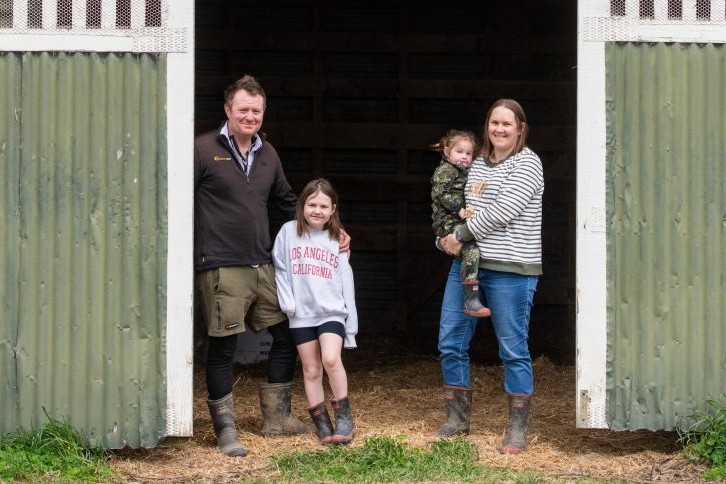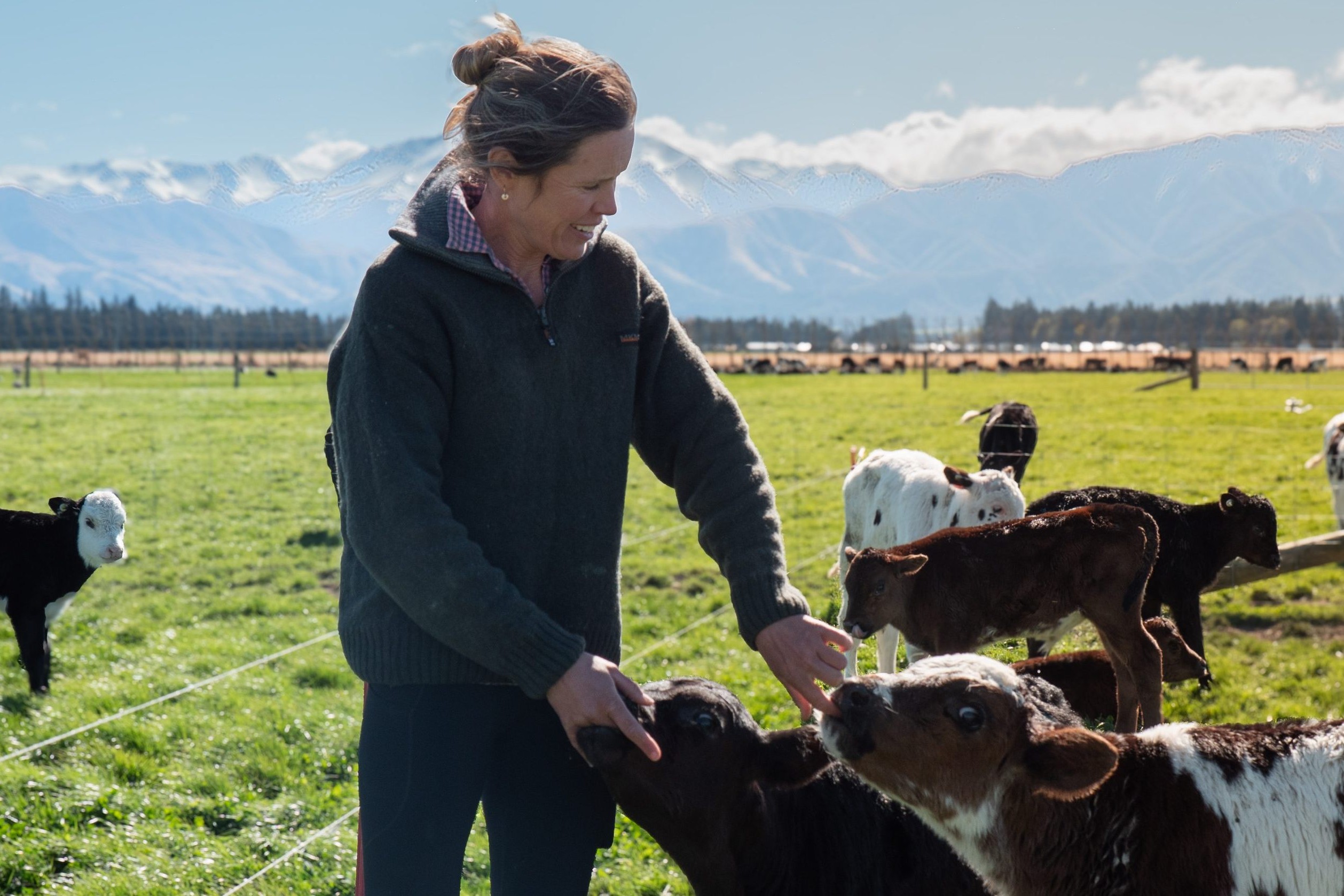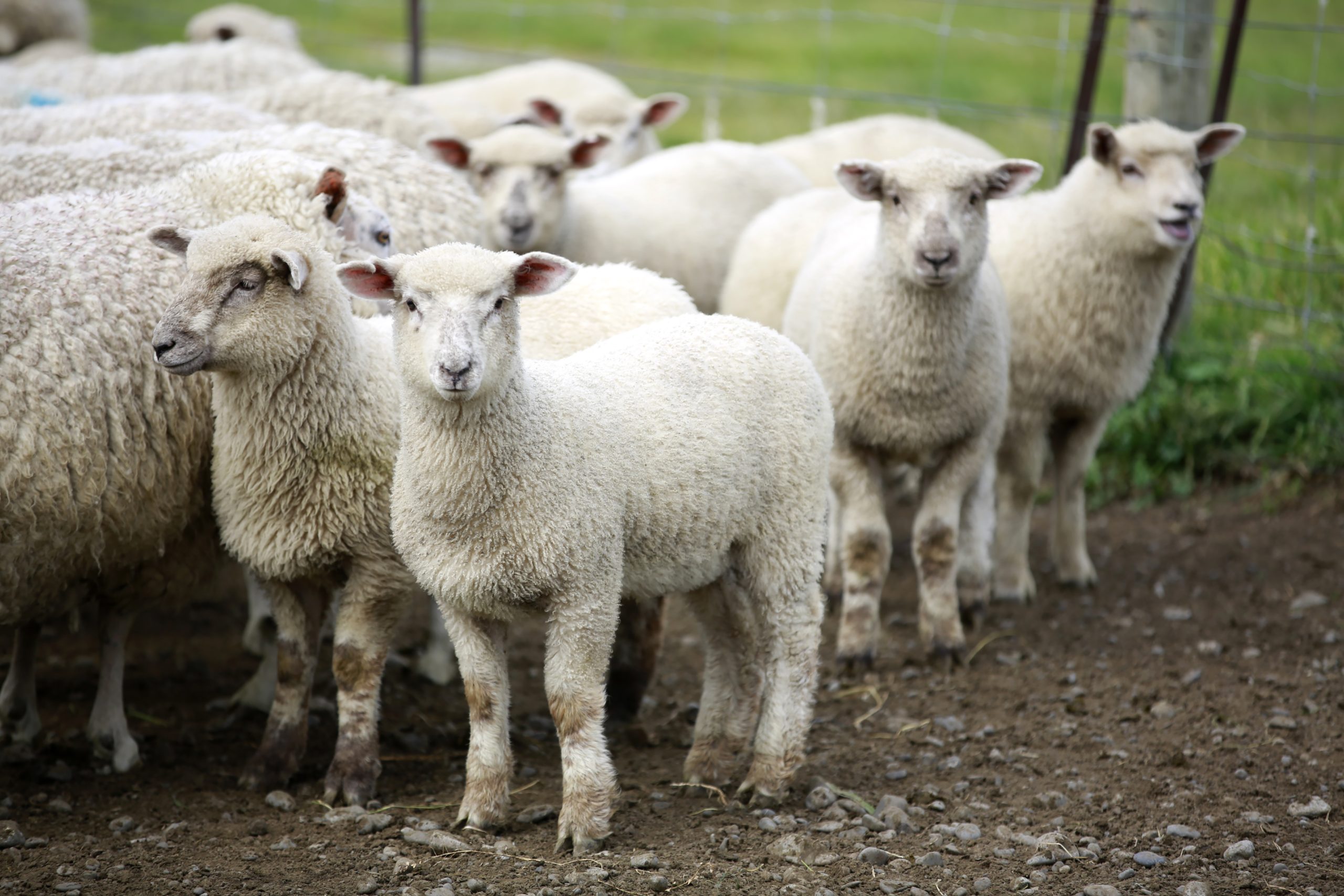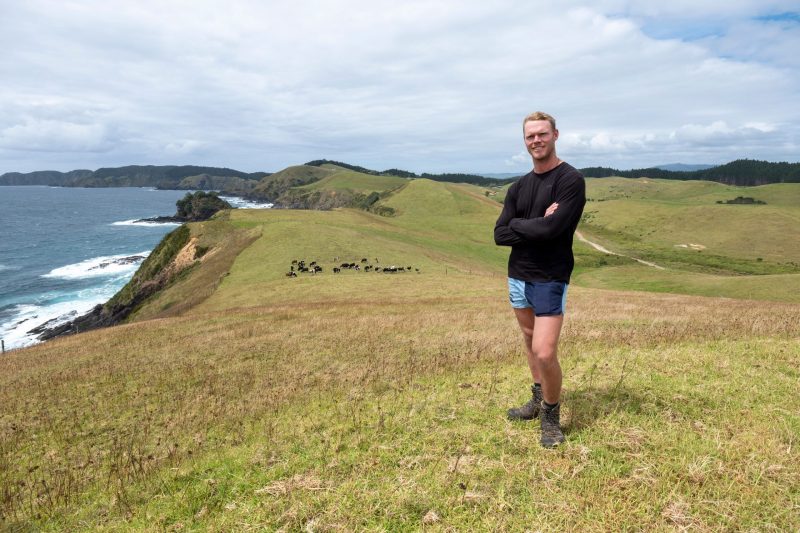Sandra Taylor
An RMPP Action Group project exploring the synergies between Banks Peninsula hill country farms and irrigated properties on the Canterbury Plains has thrown up some surprising results.
While finishing store lambs would seem an obvious enterprise, it was hogget grazing that Farmax modelling showed to be the most financially rewarding for both parties. The practice lifted the EBIT on the breeding properties by 13-15% and on the finishing properties by 8-9%.
The Action Group is made up of two irrigated farms and five breeding properties and the project was built on the premise that there were opportunities to develop integrated farming systems in the wake of the development of the Central Plains Water (CPW) irrigation scheme.
This scheme has provided water to farms in the Central Canterbury area most of which lies within 80km of Bank’s Peninsula’s hill country.
Chris has long advocated for hill and plains farmers to work together in a breeding and finishing relationship which would be mutually beneficial to both parties.
Chris Chamberlain and Jacqui Gibbs farm Putiki at Port Levy. The farm which is typical of many east coast hill country farms in that it is strictly a breeding property with no suitable land for finishing or growing-out stock.
The farm dries out in summer and by mid-November, pasture quality starts to decline, so the focus is on protecting the productivity of the breeding ewes and cows by getting their progeny off the farm as quickly as possible.
Annual rainfall on Putiki varies from 560mm-780mm reflecting the variation in terrain from coastal point country to higher hills.
While Chris and Jacqui do have an irrigated finishing block at Leeston, Chris has long advocated for hill and plains farmers to work together in a breeding and finishing relationship which would be mutually beneficial to both parties.
With the development of CPW, Chris doesn’t think that in principle, any Canterbury hill country lambs should be leaving Canterbury before they are prime.
Initially, the Action Group were looking at a scenario where the breeders were supplying store lambs to the finishers An RMPP Action Group project exploring the synergies between Banks Peninsula hill country farms and irrigated properties on the Canterbury Plains has thrown up some surprising results.
While finishing store lambs would seem an obvious enterprise, it was hogget grazing that Farmax modelling showed to be the most financially rewarding for both parties. The practice lifted the EBIT on the breeding properties by 13-15% and on the finishing properties by 8-9%.
The Action Group is made up of two irrigated farms and five breeding properties and the project was built on the premise that there were opportunities to develop integrated farming systems in the wake of the development of the Central Plains Water (CPW) irrigation scheme.
This scheme has provided water to farms in the Central Canterbury area most of which lies within 80km of Bank’s Peninsula’s hill country.
Chris Chamberlain and Jacqui Gibbs farm Putiki at Port Levy. The farm which is typical of many east coast hill country farms in that it is strictly a breeding property with no suitable land for finishing or growing-out stock.
The farm dries out in summer and by mid-November, pasture quality starts to decline, so the focus is on protecting the productivity of the breeding ewes and cows by getting their progeny off the farm as quickly as possible.
Annual rainfall on Putiki varies from 560mm-780mm reflecting the variation in terrain from coastal point country to higher hills.
While Chris and Jacqui do have an irrigated finishing block at Leeston, Chris has long advocated for hill and plains farmers to work together in a breeding and finishing relationship which would be mutually beneficial to both parties.
With the development of CPW, Chris doesn’t think that in principle, any Canterbury hill country lambs should be leaving Canterbury before they are prime.




